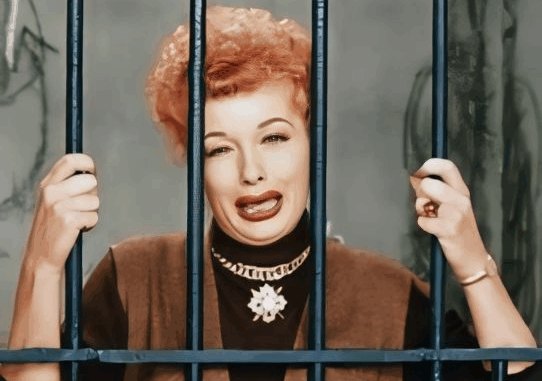
The iconic sitcom I Love Lucy, which originally aired from 1951 to 1957, has found a new audience in the digital age. Thanks to its availability on various streaming platforms, the show continues to captivate viewers of all ages, introducing Lucille Ball’s timeless humor to a new generation.
📺 Streaming Availability
I Love Lucy is now accessible on multiple streaming services, making it easier than ever for fans to enjoy the classic series. Pluto TV offers a dedicated 24/7 channel, allowing viewers to watch episodes anytime without a subscription. Additionally, the series is available on Paramount+, providing access to all six seasons and exclusive bonus content. For those preferring physical media, the complete series is also available on Blu-ray, featuring remastered episodes and special features.
👶 Appeal to New Generations
The show’s enduring appeal is evident as it continues to attract younger audiences. Many Gen Z viewers have discovered I Love Lucy through streaming platforms and have embraced its humor and charm. Parents and grandparents are introducing the series to younger family members, fostering multi-generational appreciation. The show’s universal themes and relatable characters resonate with viewers across different age groups.
💬 Fan Engagement
Online communities and social media platforms have become hubs for fans to discuss and celebrate I Love Lucy. Reddit threads and fan forums are filled with discussions about favorite episodes, memorable quotes, and the show’s impact on television history. These platforms allow fans to connect, share their love for the series, and introduce it to others.
🎉 Cultural Impact
I Love Lucy‘s influence extends beyond entertainment. The show broke new ground by depicting an interracial marriage and addressing topics like pregnancy on television, which were considered groundbreaking at the time. Its innovative use of a multi-camera setup and live studio audience set new standards for sitcom production. The series’ legacy continues to inspire contemporary television creators and remains a touchstone in the history of American television.
